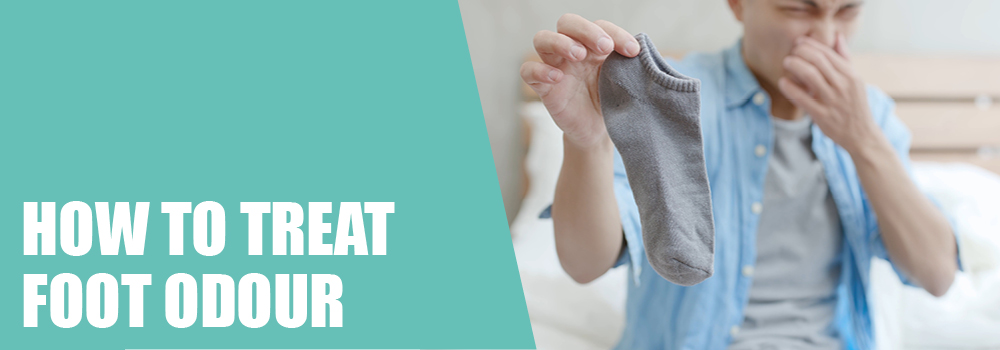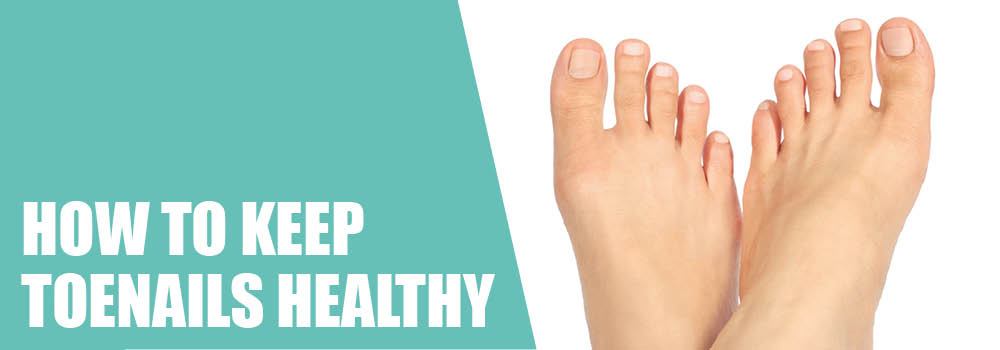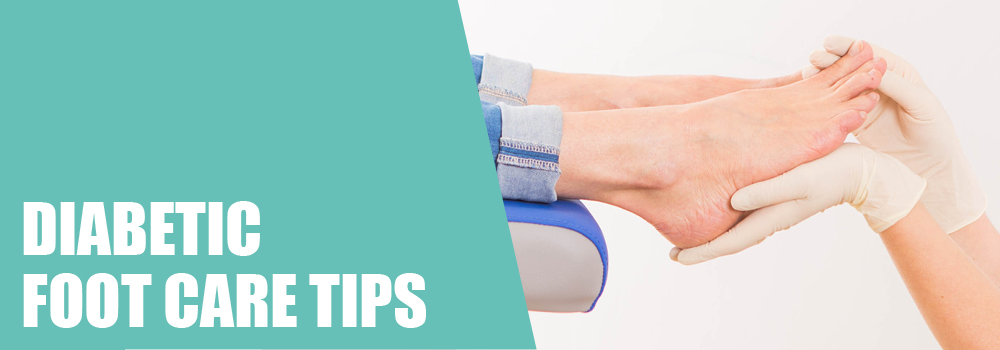Expert advice on how to stop foot odour
- Mrs G
- Simply Feet Blog
- 4 Jul 2024

Expert advice on how to stop foot odour
Our advice on how to stop foot odor will explain how it is caused, how to prevent it and how to treat foot odour problems should they arise.
What causes foot odour
Foot odor, also known as bromodosis, is primarily caused by the interaction of sweat and bacteria. Here are the main factors contributing to foot odor:
Sweat:
Feet have a high concentration of sweat glands. When feet sweat, the moisture creates an ideal environment for bacteria to thrive. Sweat itself is odorless, but it provides the moisture that bacteria need to grow.
Bacteria:
The primary cause of foot odor is the bacteria on your feet. These bacteria break down sweat and dead skin cells, producing foul-smelling byproducts such as isovaleric acid. Common bacteria involved include Brevibacterium, which also causes the smell of certain cheeses.
Fungal Infections:
Athlete’s foot (tinea pedis) is a common fungal infection that can cause foot odor. Fungi thrive in warm, moist environments, similar to bacteria, and can contribute to the smell.
Poor Hygiene:
Infrequent washing of feet and socks, as well as not changing shoes regularly, can lead to an accumulation of sweat, bacteria, and dead skin cells, exacerbating the odor.
Poorly Ventilated Shoes:
Wearing non-breathable shoes made from materials like plastic or rubber can trap moisture and create a perfect environment for bacteria to grow.
Socks:
Wearing socks made of non-breathable materials or wearing the same pair for extended periods can increase moisture and bacterial growth, leading to odor.
Diet:
Certain foods and drinks, like garlic, onions, and alcohol, can influence body odor, including foot odor, due to the compounds they release through sweat.
Hormonal Changes:
Hormonal changes, such as those during puberty, pregnancy, or menopause, can increase sweating and, consequently, foot odor.
Medical Conditions:
Conditions like hyperhidrosis (excessive sweating) or certain metabolic disorders can increase the likelihood of foot odor.
Stress and Anxiety:
Stress can cause your body to produce more sweat, including on your feet, which can contribute to odor if not managed properly.
Preventing foot odour
Wash Your Feet Daily:
Use soap and warm water to thoroughly clean your feet, paying special attention to the areas between your toes. Dry your feet completely afterward to prevent bacterial growth.
Exfoliate Regularly:
Remove dead skin cells with a foot scrub or pumice stone. Dead skin can trap moisture and create a breeding ground for bacteria.
Keep Your Feet Dry:
Moisture contributes to foot odor. Use talcum powder or an anti-fungal foot powder to keep your feet dry. Ensure your feet are completely dry before putting on socks or shoes.
Change Socks Daily:
Wear fresh, clean socks each day. If your feet tend to sweat a lot, change your socks more frequently throughout the day. Choose socks made from breathable, moisture-wicking materials like cotton or wool.
Choose Breathable Shoes:
Wear shoes made from breathable materials like leather or mesh. Avoid wearing the same pair of shoes two days in a row to allow them to air out and dry completely.
Use Antibacterial Solutions:
Apply an antibacterial foot spray or wipe your feet with rubbing alcohol to kill bacteria. Foot deodorants and antiperspirants can also help reduce sweating and odor.
Soak Your Feet:
Regularly soak your feet in a mixture of warm water and vinegar or Epsom salts. Vinegar has natural antibacterial properties, while Epsom salts can help reduce sweating and odor.
Rotate Your Footwear:
Alternate between different pairs of shoes to give each pair time to dry out between uses. Consider using shoe inserts or deodorizers to absorb moisture and odor.
Maintain Nail Hygiene:
Keep your toenails trimmed and clean to prevent fungal infections that can cause odor.
Stay Hydrated and Maintain a Healthy Diet:
Drink plenty of water to stay hydrated and reduce the concentration of odor-causing compounds in your sweat. Avoid spicy foods, garlic, and onions, which can contribute to body odor.
Seek Medical Advice if Needed:
If you have persistent foot odor despite following these tips, consult a doctor. There may be underlying conditions, such as hyperhidrosis (excessive sweating) or a fungal infection, that require medical treatment.
Treating foot odour
Treating foot odor involves a combination of good hygiene practices, proper footwear, and sometimes medical interventions. Here are some effective methods to treat foot odor:
Maintain Good Foot Hygiene:
Daily Washing: Wash your feet thoroughly with soap and warm water at least once a day. Pay special attention to the areas between your toes.
Drying: Make sure to dry your feet completely, especially between the toes, after washing. Moisture can promote bacterial growth.
Use Antibacterial Products:
Antibacterial Soap: Use an antibacterial soap to wash your feet, which can help reduce the bacteria responsible for odor.
Foot Sprays and Wipes: Apply antibacterial foot sprays or wipes to your feet to kill bacteria and reduce odor.
Apply Foot Powder:
Use foot powder or talcum powder to keep your feet dry and reduce sweating. Anti-fungal powders can also help if you suspect a fungal infection.
Wear Breathable Socks:
Choose socks made from moisture-wicking materials such as cotton, wool, or specialized synthetic fibers. Avoid wearing the same pair of socks for more than a day.
Choose the Right Footwear:
Breathable Shoes: Wear shoes made from breathable materials like leather or mesh. This allows for better air circulation and reduces moisture buildup.
Alternate Shoes: Don’t wear the same pair of shoes two days in a row. Allow them to air out and dry completely between uses.
Use Shoe Deodorizers:
Place deodorizing insoles, cedar shoe trees, or specialized shoe deodorizers in your shoes to absorb moisture and eliminate odor.
Soak Your Feet:
Vinegar Soak: Soak your feet in a mixture of one part vinegar to two parts water for about 15 minutes. Vinegar has antibacterial properties.
Epsom Salt Soak: Soak your feet in warm water with Epsom salts for 15-20 minutes to reduce sweating and odor.
Exfoliate Regularly:
Use a pumice stone or foot scrub to remove dead skin cells that can trap bacteria and cause odor.
Keep Toenails Trimmed:
Maintain short and clean toenails to prevent fungal infections and bacterial buildup.
Stay Hydrated and Eat a Balanced Diet:
Drink plenty of water to help flush out toxins from your body. Avoid foods that can contribute to body odor, such as garlic, onions, and strong spices.
Medical Treatments:
- Prescription Antiperspirants: If over-the-counter options don’t work, your doctor may prescribe a stronger antiperspirant for your feet.
- Antibiotics: In severe cases, a doctor may prescribe antibiotics to reduce bacterial overgrowth.
- Botox Injections: For excessive sweating (hyperhidrosis), Botox injections can temporarily block the nerves that cause sweating.
Consult a Healthcare Professional:
If foot odour persists despite these measures, consult a doctor or podiatrist. There may be underlying conditions, such as fungal infections or hyperhidrosis, that require specialised treatment.
By following these steps consistently, you can effectively manage and treat foot odor.





